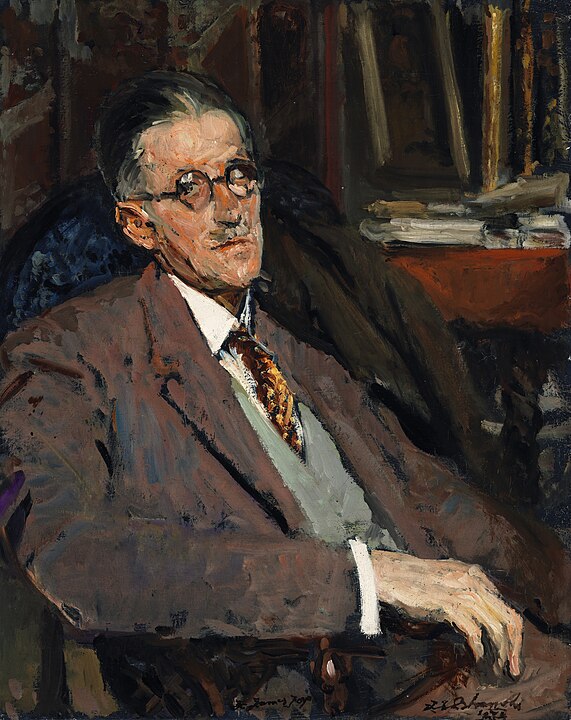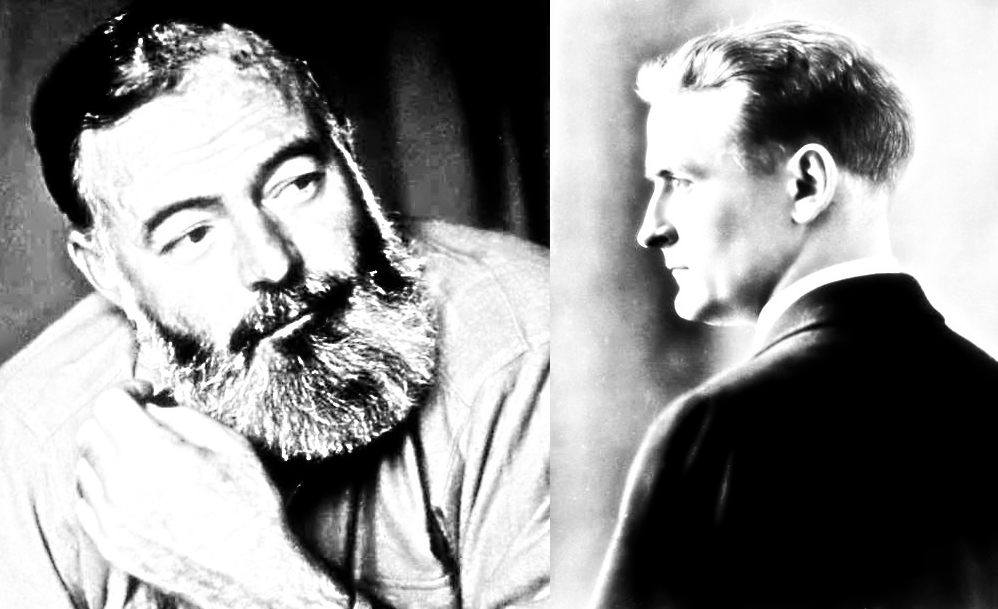Another writer in the long history of interesting literature stories, Phillis Wheatley was a dynamite poet and author who lived a somewhat tragic life in the American colonies. Today, I would like to take a dive into her life (what’s known of it) and explore her impact on literature.
Biography
Capture and slavery
Before being Phillis Wheatley, historians are unsure of what her name was. She was born in West Africa around 1753 in what would eventually become Senegal or Gambia. She was kidnapped at the age of seven and was sent to America on a 240-day trip aboard the slave ship “Phillis.”
“At the time, her front teeth were missing, leading to the belief that she was around seven years old. A very frail girl unsuitable for hard labor, she was sold to John Whitney, a well-known Bostonian tailor for a domestic help for his wife Susannah, at a throwaway price” (the famouspeople.com).
Early education
The married couple named her Phillis upon her arrival at their home and they raised her “above her station.” She was taught religious studies and was baptized in August of 1771. Phillis gravitated toward her studies and after learning the English language, she studied Greek, Latin, astronomy, and more.
Wheatly began studying poetry at the age of 12 and a year later wrote “On Messrs. Hussey and Coffin,” which she published it in Dec. of 1767. And, “by the time she was 18, Wheatley had gathered a collection of 28 poems for which she, with the help of Mrs. Wheatley, ran advertisements for subscribers in Boston newspapers in Feb. 1772” (poetryfoundation.org).
Writing and freedom
Phillis and her guardians could not secure the subscriptions needed for a productive career due to the racism extant in the colonies, so they turned to London, where her work was celebrated among the abolitionists. She successfully published the first volume of poetry by an African American titled Poems on Various Subjects, Religious and Moral (1773).
She later returned to Boston and was set free, in part, due to the help of the abolitionists she had gotten to know in England. However, the taste of freedom washed away with the reality of life in America as a freed slave. She married and was abandoned by her husband and had to take up work as a maid and servant. She also failed to publish more than five poems in the remainder of her life.
Wheatley died in Boston, Mass. On Dec. 5, 1784. She was in her early 30s.
In her short time, she was able to publish some of her work and did so with great talent. She also helped abolitionists argue against the inferiority of African Americans by citing Wheatley’s poetry. Overall, she was a tremendous force in life and in death.







